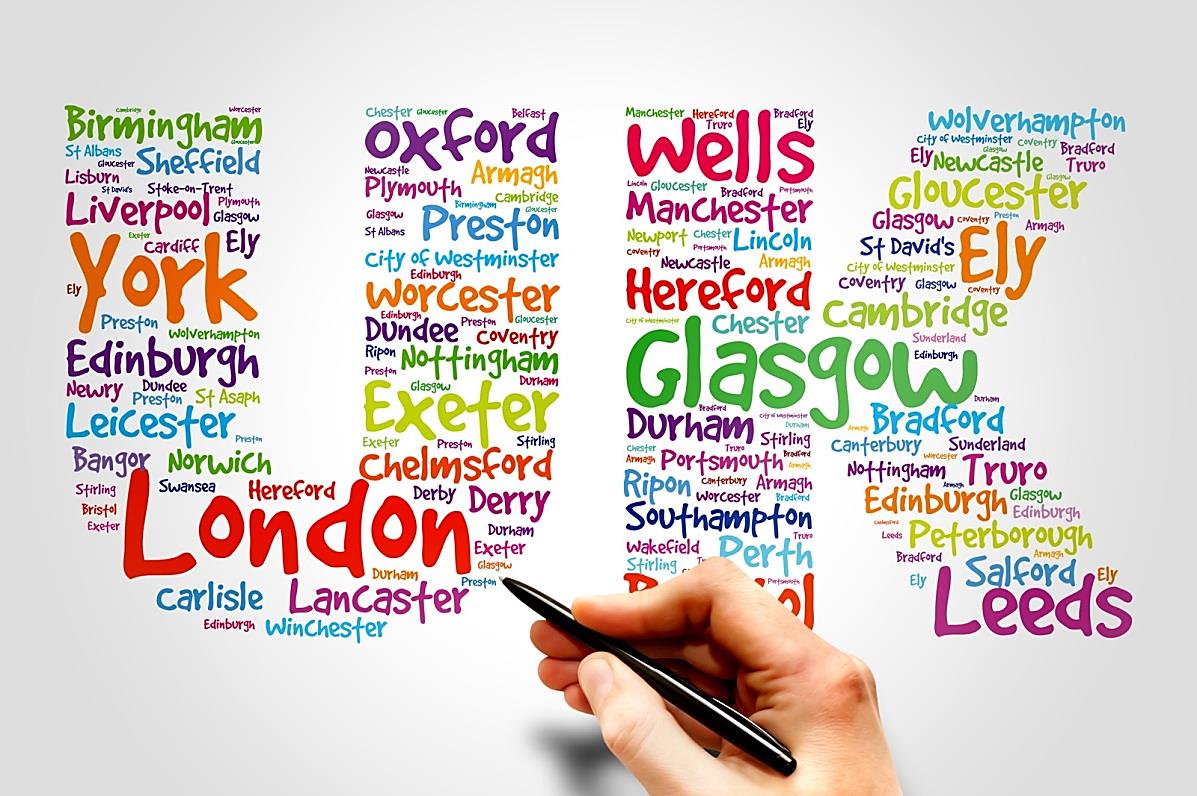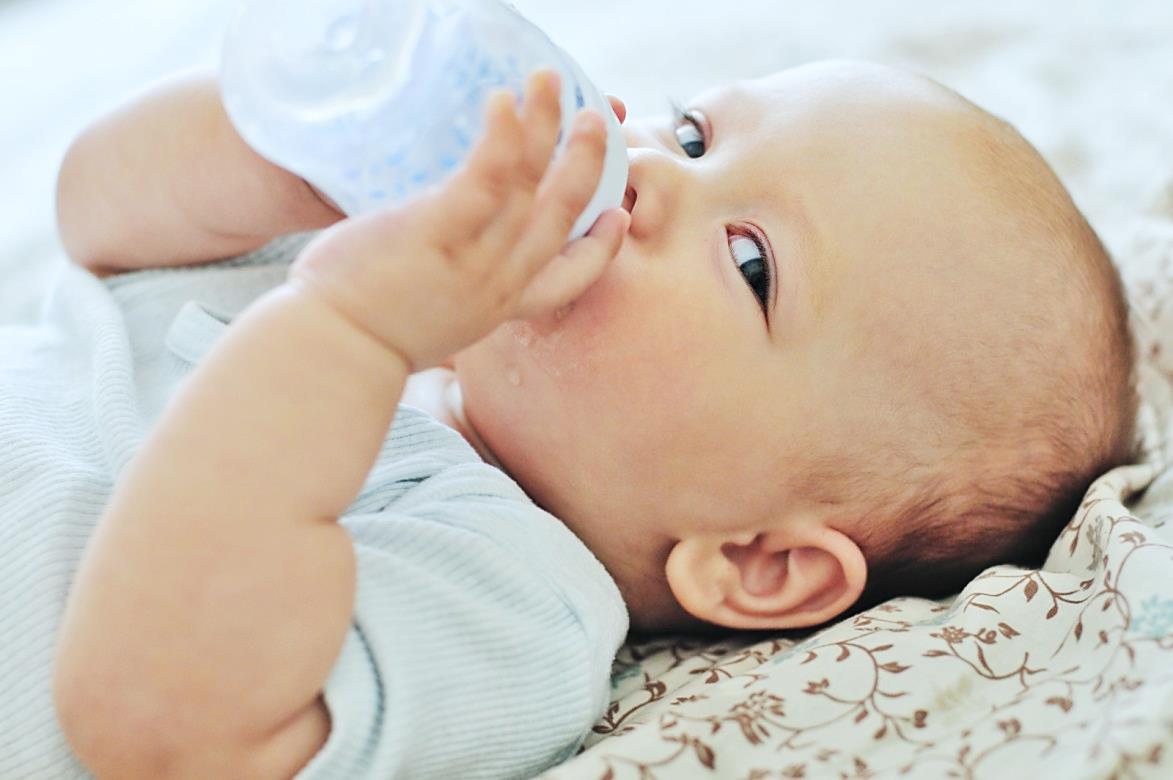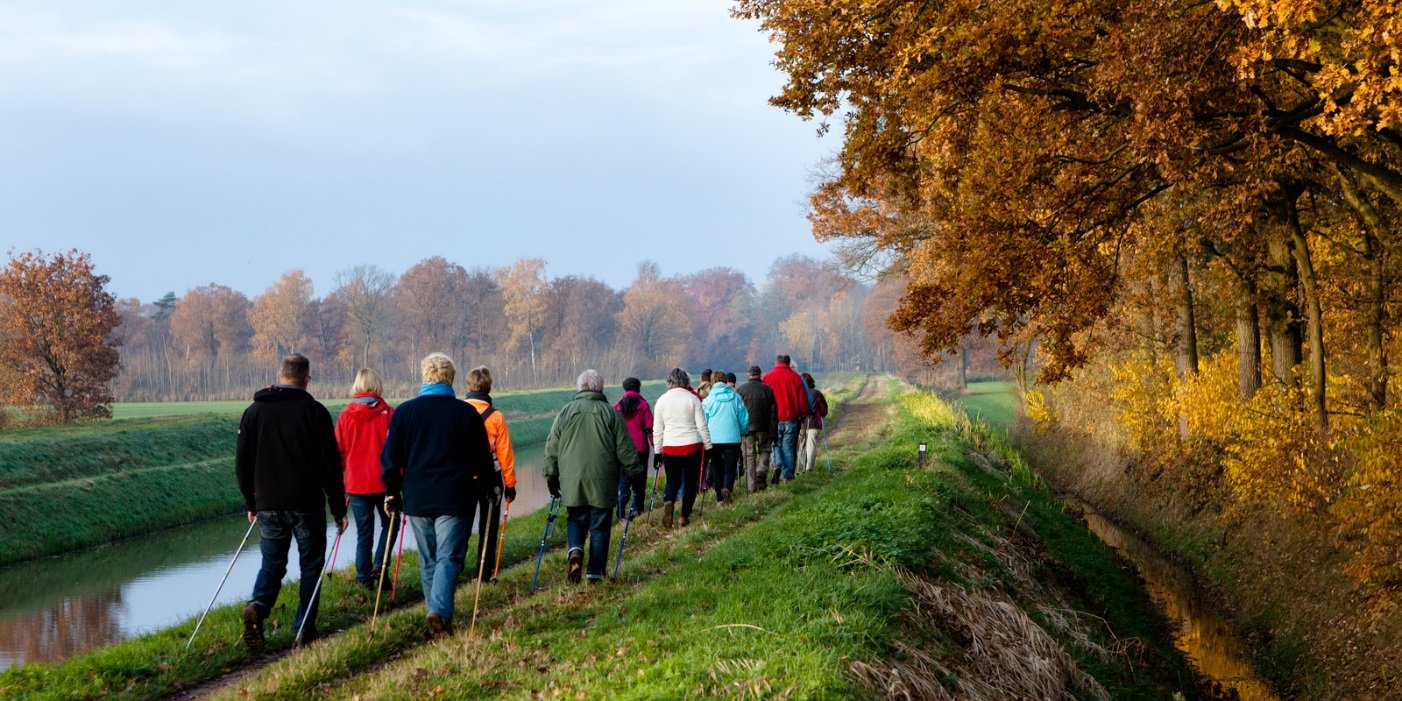
by Fern Shaw | Mar 9, 2017 | Water, water cooler
If there’s one thing I love, its words. Long words; clever words; descriptive words; short words; double-entendres – they all make me smile.
What I love in particular though are euphemisms, or adjectives that have formed through colloquial speech and are either endemic to a particular region or country or have been picked up and adapted in different countries.
Depending on where you hail from, you probably use these expressions all the time, but perhaps you don’t know where they originate from. Here’s a choice few for your enjoyment. I for one, certainly didn’t know the origin of:
Doolally
What it means: Temporarily deranged or feeble-minded.
Example: ‘Uncle’s gone doolally again’.
Another meaning: Transported with excitement or pleasure.
Example: ‘I saw a pair of shoes that I know Doris would go doolally over’
Origin: Early 20th century: originally doolally tap, Indian army slang, from Deolali (the name of a town with a military sanatorium and a transit camp) + Urdu tap ‘fever’.
Argy-bargy
What it means: Noisy quarrelling or wrangling.
Example: ‘It’s all part of the argy bargy, he says, of the debate that has dominated politics over the past few months or so’.
Origin: Late 19th century (originally Scots): rhyming jingle based on argue.
Barmy
What it means: Eccentric or foolish.
Example: ‘If you ask me, that bloke going on about using sunflower oil as a petrol sounds right barmy’.
Origin: an obscure term derived from ‘barm’, that is, ‘the froth that forms on the top of fermenting malt liquors,” which had been metaphorically, but sparingly, used to mean ‘flighty’ or ‘excited’.
Gee-gees
What it means: Horses. Usually children and gambler’s use.
Example: ‘I’m off to place a bet on the gee-gees’.
Origin: Possibly from the founding father of Chester Races, Henry Gee, whose name led to the use of the term ‘gee-gee’ for horses. Also, ‘gee’ or ‘gee up’ is also a command to get a horse to move faster. It’s also apparently used to have a draft animal turn right. As opposed to haw, which is a command to turn to the left.
There’s also a rather hysterical (imo) joke that goes:
How do you spell ‘Hungry Horse’ in four letters?
M T G G (Empty Gee-Gee).
Who knew? Well, now you do. Why not try them out on a colleague on your next trip to the water cooler when you’re replenishing your water. If nothing else, it’s sure to raise a laugh, especially if you’re having a big day at the office.

by Fern Shaw | Feb 21, 2017 | Water, water cooler
We’re here to help. Yes, of course, we’re in the business of providing you with cool drinking (and hot)
water at your premises, whether that’s at your
office; warehouse; site; practice; university; college or
school, but we’re also concerned with ensuring that you drink enough
water to keep yourself well hydrated throughout the day, which is why we’ve written this ‘Best Practice Guide’ for you:
Step One
- Educate: Having everybody in the work space on board is the most crucial component in an hydration plan. Educate yourself about the negative effects and downsides resulting from drinking too many fizzy drinks and caffeinated drinks instead of water. Use visual reminders – e.g. put up a poster illustrating good hydration techniques; these are a great way to continually reinforce to you the importance of drinking water. The benefits of drinking sufficient water are manifold.
Step Two
- Assessment: The best way to assess your hydration status given the variables of body mass, work routines and other personal and physical aspects is to monitor urine colour. When you are drinking enough water your body is in balance and your urine will be a pale straw yellow colour (Hydrated). When you haven’t drank enough water your kidneys try to save as much water as they can and cause you urine to be darker in colour (Dehydrated). Speak to your local AquAid branch about our dehydration charts, which clearly illustrate the difference between being hydrated to mildly and severely hydrated.
Step Three
- Implementation: – The most critical part of the best practise guide is to ensure that drinking water is very readily accessible and is appealing to drink. Keep a bottle of water on your desk to encourage continuous sipping during the day. If you’re in a smaller work space, perhaps you and your colleagues can ask that the water cooler be placed in an area that you can either see from your desk or that you are walking past on more than one occasion during the day.
Conclusion: Encouraging hydration during the work day can have a significant impact on your own overall performance and well-being. This requires a commitment from you, so keep up to date on the positive effects of staying hydrated.
Contact us at AquAid today – we’d be delighted to assist you with which water cooler dispenser is best suited for you based on your requirements.

by Fern Shaw | Feb 21, 2017 | Water, water cooler
Yes, yes, we know we blather on about
water. A lot. But it’s mainly because we’re so invested and immersed in the provision of water and through this we’re well aware of the benefits of making sure you’re probably hydrated. We’re also aware that drinking water (perhaps because it’s so very vital to our function and well-being?) can become a chore, so the idea is what can you do to make a necessity seem like more fun?
Have a conversation with your inner child. Yep, do. Before you think I’ve gone doolally, (more about this word later) think about it. If you believe it’s important that your children don’t get into bad drinking habits – drinking sugary fizzy drinks or pop and the like – and you have them on the right track – why not apply the same mind-set to yourself? Take yourself back to the days when you raced around all over and chugged water all the time because that was your default setting – thirsty? Drink water.
Teach yourself good habits. There have been some rather unsettling reports about the lethargy produced from computer and office bound work. When you’re at work, combat these by ensuring that at your break times, you leave your desk and perambulate over to the water cooler area. While it won’t be welcomed if you pretend that you’re stalking prey at a watering hole in the Serengeti, a quick confab with your colleagues while you replenish your water bottle, will give your brain a break.
Stake your water bottle claim. Fun it up at the office by ensuring that your water bottle that you replenish at the water cooler is distinctive and ‘you’ branded and unlikely to be claimed by a magpie type colleague. Who knows, you could start a trend!
Use a straw. There’s just something about drawing liquid up through a plastic tube. Perhaps it’s reminiscent of how we drank as infants and babies – have sippy nozzle, will drink. Then there’s also a rather inexplicable appeal to brightly coloured, bendy tubes. Don’t ask. It just works.
Keep a glass of water next to your bed. Again, heading home, we refer to the child in us. Think about all the times a child will ask for water before they go to bed, or for that matter, after they’ve gone to bed. Granted, a lot of the requests for water at bedtime for younger children can be due to an avoiding going to bed tactic – we’re onto you, little person! – but children know when they’re thirsty and they don’t avoid the call – they act on it, as should you. So, to avoid you having to bash and crash your way to the bathroom or kitchen half asleep, keep a bottle of water or a pretty glass of water next to your bed. Not only will it help quench that raging middle of the night thirst, but it won’t eat into your resting time as much as it would if you keep on having to get up and traipse off to find water in another room.

by Fern Shaw | Jan 31, 2017 | Water, water cooler
Confusing queues
We’ve all come upon the scene: There’s Mr Smooth, elbow cocked up on the butt of the water bottle, chatting up Mrs Coy – a road block between you and the sweet nectar. So you wait, reluctant to intrude on their conversation but unsure when it will break up and you’ll be free to get your water or tea or lemon water or coffee or hot drink! Not good.
Lax jug replacement
Few things are more irritating to a parched person than hitting that blue lever with no results. Why, oh why, do our office mates feel justified in draining the last of the water into their cups but neglect to replace the empty jug?
Water spillage
This one’s always fun. Your brawniest colleague sets about his or her civic duty of swapping out the 9ℓ bottle. Good job, responsible co-worker! But it all goes awry the minute he flips the bottle over and a quarter of its contents end up on the break room floor. Mayhem and carnage and wet, soggy carpet. Ugh.
Dirty spigot
It doesn’t take a germaphobe to be disgusted by the sight of a colleague’s personal water bottle getting too cosy with the spout as they fill up. Just guzzle directly from the nozzle, why don’t you? It’s equally unappetizing to see the sludgy remnants of a coffee mug in the tray beneath the water spout.
Some tips:
If you cause a spill, sop it up. If tea splatters from your mug when you go in for a hot-water refill, wipe it up. Nobody wants to see a Jackson Pollock installation on the water cooler.
Don’t touch your water bottle’s mouthpiece to the spigot. No wonder the black plague makes its way through the cubicle farm with alarming regularity.
Don’t crowd the cooler. If you’re done filling up, back away and continue the conversation with your office crush at a respectable distance from the water spout.
If the well has run dry, you must re-supply. Even if there’s a thin trickle of water coming out of the spout, acknowledge that you’ve reached the bottom of the tap, and don’t leave it to the next thirsty soul to replace the bottle.
If you’re physically unable to replace the bottle, ask for help. Weak upper body strength is no excuse to be a lazy water cooler user. Let’s all band together to keep the water cooler the friendliest spot in the office.

by Fern Shaw | Jan 25, 2017 | Water, water cooler
The winter weather is upon us, bringing with it time to bundle up, exercise less and usually eat less greens, and more of the comfort food … or so we’d think.
But, resorting to more hibernation type habits isn’t really the way to go (One of my personal mantras is ‘shoulda been a bear’ – as I believe hibernating for 8 months of the year is a sound idea). There are loads of options we can take in the winter months that actually aren’t that difficult to follow and can keep as summer lean in the process.
Keep exercising
I’m not suggesting that you swim the Channel or go running in minus ten degree weather, but if you attend a gym or health fitness club, keep up with it. In cold months, your own exertions will keep you nice and toasty while exercising, instead of trying to continuously cool down when you’re exercising in the summer months. Just remember to keep hydrated. You can become just as dehydrated in winter as you can in the summer. Drink water, lots of it.
If you don’t have access to a fitness club, exercise at home – there is tons of information on YouTube; on social media or on the internet in general that can give you adequate instruction on exercise regimes you can follow to keep toned up.
Bulk up with rich healthy food
Again, the instinct (which is hard wired into our genetic code) is to eat rich, fatty foods in winter so we can bulk up and insulate ourselves. The thing is, we’re not seals and we don’t live in the Arctic (even if some days if may feel like it). There are loads of options to eat hearty warming food without packing on the weight.
The food in season right now is plentiful and it makes good sense, because if you eat with the seasons, it keeps your spend on food down, as in-season food is more readily available.
There’s such a huge range food that’s available this Autumn, you’ll be spoilt for choice:
Fruit- Pears; apples, cranberries; elderberries and quinces are all in season now.
Vegetables – Artichoke, beetroot; butternut squash; celeriac; celery; chicory; chillies; horseradish; leeks; marrow; parsnips; pumpkin; shallots; swede; sweetcorn and tomatoes.
Herbs and nuts – Almonds; brazil nuts; chestnuts; chives; hazelnuts; rosemary; sage; sorrel and walnuts.
For the meat eaters – Beef; duck; lamb; rabbit; turkey and venison.
Fish – Clams; cod; dover sole; haddock; halibut; hake; lobster; mackerel and plaice.
Finally, in the food annals – don’t forget about good old porridge: Oats provide soluble fibre called beta-glucan which can help lower LDL (bad) cholesterol. The fibre in oats makes it a slow-releasing carbohydrate which keeps blood sugars steady so should stop you reaching for a high-fat snack. If you are not a fan of porridge, add oats to smoothies, mueslis or yogurts, to bread or fish.
Don’t stop drinking your water!
Throughout all of this, keeping up with exercising; eating the right food, the most important winter months regime is to keep up with drinking water – if you’re averse to cold water, then drink warm water. If you’re drinking from your water cooler in the work place and the water’s a bit chilly, then adjust the thermostat.
Not only does water fill you up and make you less inclined to eat too much, but often when you think you’re hungry, you’re actually dehydrated, so drinking enough water is a win-win all round.





